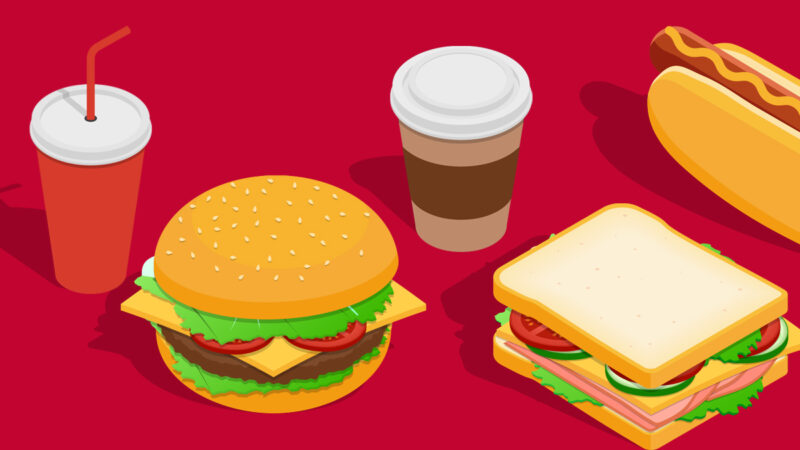Food service returns to Polk State campuses starting March 20

Food service is returning to Polk State College’s student centers on the Lakeland and Winter Haven campuses starting on March 20 with affordable breakfast and lunch options. The cafes will be open Monday through Thursday from 8 a.m. to 2 p.m. in the spring and fall semesters.
Polk State’s food service will include both hot meals and grab-and-go options, with breakfast costing on average of $5.72 and lunch costing on average of $6.88. Collegiate high school students will also have access to $5 lunch options.
Students and employees will order at easy-to-use, self-service kiosks. Online ordering will also be available and allow students and employees to pick up prepaid meals. More information about online ordering will be provided closer to opening.
It is important to note that the cafes will not accept cash. Students and employees are encouraged to download the Connect & Pay app on their Apple and Android devices which will allow them to load and manage funds or connect a card for payment, scan and pay at the time of purchase, and participate in a points program that leads to cashback rewards and discounts. Debit, credit, and BankMobile cards will also be accepted.
Food service was halted during the pandemic but is important as more students return to the College’s campuses. Polk State leadership, in partnership with students from the Phi Theta Kappa International Honor Society, identified the need for food service, surveyed the College community about preferences, and developed a plan for reopening both food service areas.
The survey found that taste and cost are leading priorities for students, faculty, and staff when considering food options. Survey respondents also said that they would be most interested in beverages, sandwiches, and grab-and-go options. Many also noted that they would like access to hot meals on campus.
“I would love the option to get food at school. Not everyone can bring food from home or have the resources to stop somewhere to get food before or after school,” one survey respondent wrote. “The more food and drink opportunities, the better outcome of students because it is one less thing [for them] to worry about.”

